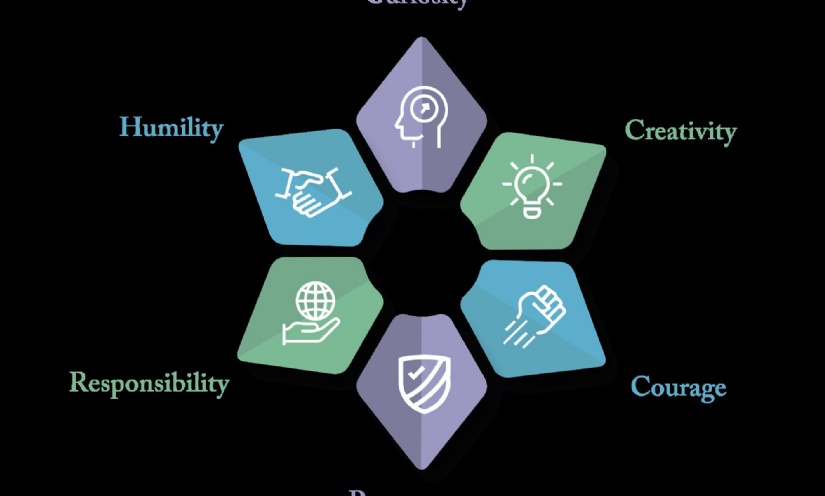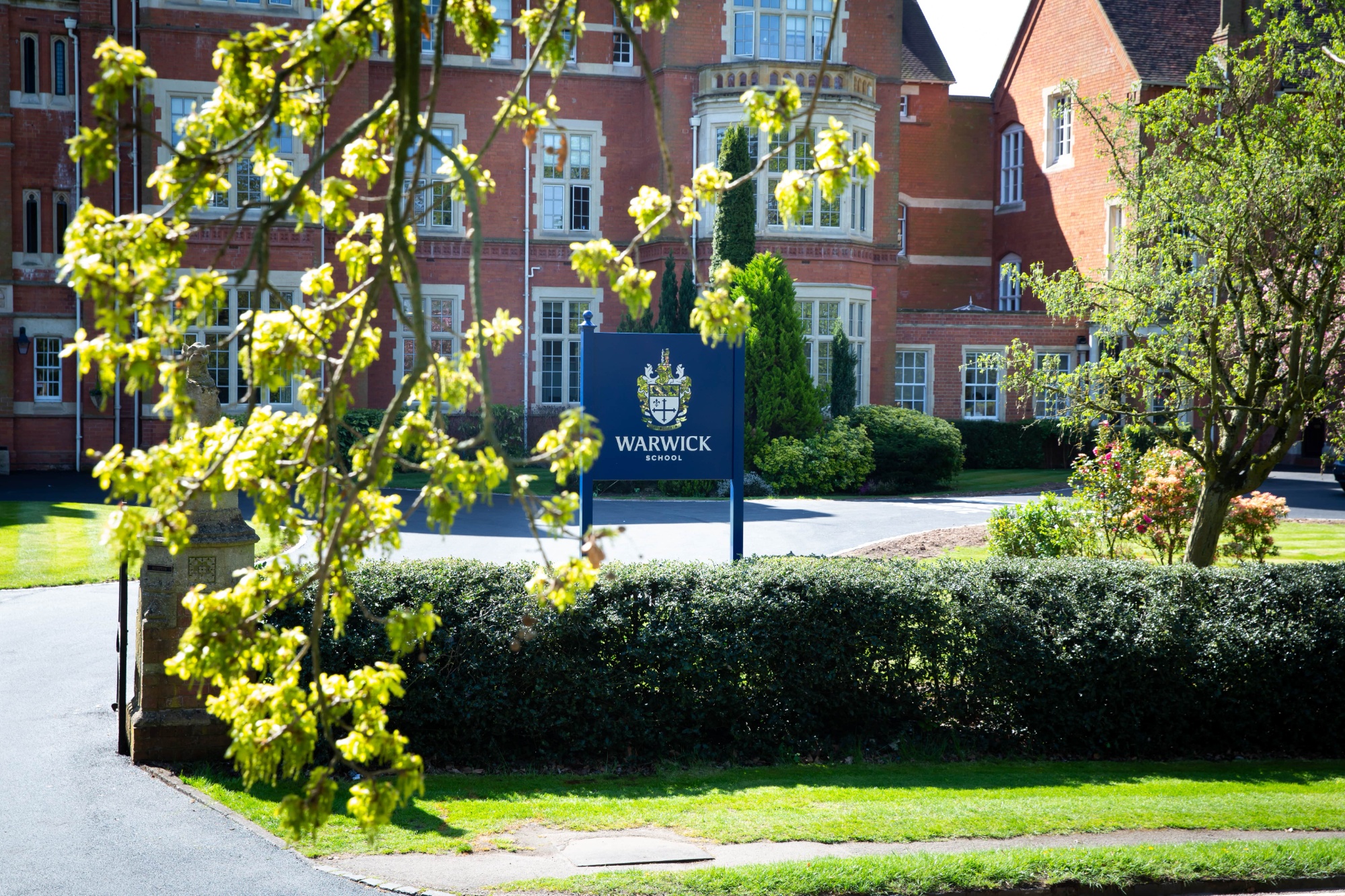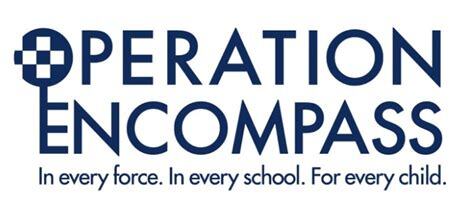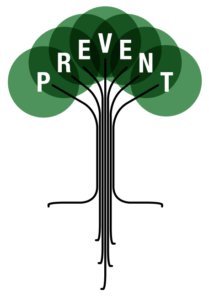The Warwick Values

I wanted to take this opportunity to congratulate both last year’s Upper Sixth and the current Lower Sixth on their public examination success. As the first public examinations sat in two years, their results are a testament to the hard work and diligence both cohorts have displayed throughout the challenges of the pandemic.
Warwick School’s purpose is to inspire and nurture every pupil to thrive in the world, both now and in the future.
Public examination success, it goes without saying, is an important part of this. The examination results of the departing Upper Sixth mean that over 90% successfully secured a place at a university of their choosing.
But there is far more to education than exam results. To thrive in the world, you need qualities of character that allow you to deal with life’s challenges, whatever they may be! That is why this time last year Warwick School appointed our first ever Head of Character Education, Mrs Jacka who I invited to speak to the school last Wednesday morning and I wanted to share her words with the rest of our community:
What is the purpose of life? What is the reason or end goal of our existence? How do we live a ‘good’ life? The best answer to this question, I believe comes from the Ancient Greek philosopher Aristotle.
To answer this question, Aristotle decided to broaden the question to ‘what is the purpose of anything?’ He proposed that every object has what he referred to as a telos. This Greek term means a final purpose or end goal; the true function of an object. For an object to be good, it must fulfil its purpose or telos. Take a chair for example. A chair is ‘good’ when it fulfils its purpose – to be sat on. Moreover, a ‘good’ chair has certain characteristics or traits that allow it to do this. A good chair must be solid, it cannot be in a liquid or gaseous state, it must also be stable; for example with 3 or 4 legs otherwise someone may fall off, it should also be comfortable for a person who is well-supported when sitting in it – perhaps with a cushion etc.
From this, Aristotle concluded that other objects such as humans must also have a telos, a purpose for existence and to be good or to live a ‘good’ life they would need certain characteristics or traits to enable them to get there. So what is the telos of human life? What is our purpose?
For Aristotle, the ultimate telos, aim and purpose of human existence is to achieve what he calls eudaimonia. The closest English word for this Greek term is flourishing. A life ‘well lived’ is one in which the person has flourished. So why are you here on this planet? You are here to flourish. Our school song emulates this. Whilst you mumble your way through the verses and then proudly chant out ‘Floreat! Floreat!’ what you are actually saying is that it is your wish that Warwick School and the pupils of Warwick School will flourish.
So how do we do this? How do we flourish? How can we ensure we live a good life that we are proud of when we look back at it? Merely existing or having human DNA does not guarantee a good life. It’s obvious that there is a difference between merely surviving and thriving. Returning to our chair example before, just as a chair needs certain characteristics or traits to fulfil its purpose, humans too, need to develop certain characteristics and traits to flourish.
So what character traits can you develop to enable you to thrive and succeed in your lives? When you leave school and enter the world of university, work and adult relationships, what characteristics will you need to have developed in order to succeed? A lot of the time students think that all that is needed to ‘do well’ is to have a good set of exam results, but that is only half of the picture. Increasingly employers are complaining that young people are ill-equipped for adult life and work, specifically because they have focused too much on achieving top exam results and not enough on their character.
Take this quote from Sundar Pichai, CEO of Google, “We rarely employ straight A students. What we’ve discovered over the years is that their field of knowledge is too narrow, and they haven’t developed as people... We like to choose students who are bright, but broad, with character. The thing is, if somebody’s intelligent we can teach them the skills we need – and the skills they learnt at school will probably become outdated anyway. But what we can’t do is teach them to be rooted.”
So there is a balance to be struck. There is no doubt that exams and results are important. We know there is a correlation between those who attend the top universities and high earning potential, for example. We know that earning money is important in our ability to flourish; and we also know that you’re unlikely to even get a job at Google unless you have a degree in the first place. Please do not think I’m telling you, you don’t need good grades to do well. You do! What I am emphasizing, however, is that grades are not enough. What is of equal importance, is the type of person you are and if you are to flourish you need to consider your character.
At Warwick, we encourage you to develop 6 key character traits called the Warwick Values. To the cynics amongst you, the Warwick Values are not a fad or a passing gimmick, they are important virtues which support development and success in adulthood. An education is meant to prepare you for your future and at best we’d be doing you a disservice and at worst, a genuine harm, if we didn’t provide opportunities for you to cultivate these values at school. Warwick School provides endless opportunities for you to make these values part of your character. Every lesson, club, activity, fixture, concert, performance, rehearsal, training session, clinic, talk and competition is a chance for you to either get better or worse at these values. Last year, Year 7 now Year 8 students took part in the Floreat Award in which many received certificates for actively choosing to develop a well-rounded character. Following the success of this the Floreat Programme (an award, certificate and diploma) will be rolled out from Years 7-12 at the end of this month as part of Warwick School’s commitment to help build your character and ensure you leave as developed people. Aristotle said, ‘we are what we repeatedly do’ and if we embrace the chances to develop these virtues, they will become a firm part of our character.
For those who have a rusty memory and have forgotten over the holidays, let me remind you what the Warwick values are and what they mean.
One. Curiosity. This is one which hugely decreases amongst young people in their jump from primary to secondary school. The ability and willingness to ask questions is often swapped in favour of sitting quietly and passively absorbing what is taught. But how can you discover more about something or challenge ideas and think critically without being curious? Humanity would not be able to progress if we didn’t develop this value. We need to be open-minded enough to ask the tough questions and explore ourselves and the world around us.
Two. Creativity. This is probably the single most important characteristic employers seek in their employees, and you’d be woefully misplaced to think that it is merely important in traditionally ‘creative’ industries, or that you need to be into Art or Drama in order to be creative. In any sports game, for example, you need to adapt to the play of the opposition and think on the spot of new or different ways to create space, score, attack or defend. Likewise, in academic subjects you should actively look to employ critical thinking skills to challenge assumptions in various arguments.
The third value is courage. This, for me, underpins all the other values because if you don’t have courage, you often won’t have the confidence to do any of the others. Courage is being authentic to who you are. It is about being willing to take risks, dream big and try, regardless of the outcome. Mr Barker emphasized this in his assembly on Monday by explaining the benefits of getting out of your comfort zone. One of the biggest opportunities to test your courage is House Shout which is coming back with a bang at the end of this half-term. It is frightening to walk on stage and sing in front of your peers or care about your house winning, however as we have seen in past years it is those who throw themselves into it, dig deep and find their courage that tend to do well. In the infamous words of the SAS motto ‘he who dares, wins’.
Four. Perseverance. Walk into any bookshop and in the personal development section you will be inundated with titles of books talking about grit, resilience and determination; all versions of perseverance. It is also the value that many in the current world, feels that your age-group is most lacking. To persevere is to sustain interest and effort in something; to keep going even when something is difficult. Like courage, it requires an element of risk-taking because we can persevere at something and still fail. The key, however, is to learn from that failure and see it not as a block but a door to further opportunities. Outcomes are not always in your control, but what you put in and what you will for yourself is always within your grasp. Teachers have seen countless students overachieve through perseverance and countless others leave with unmet potential just because they gave up and were unable to put in the effort.
Responsibility is our fifth value and is the one most obviously used or not used in our everyday lives. Every time you do something involving someone else or society, you are forced to act responsibly or irresponsibly. As a rational being you alone are accountable for your actions. Being responsible involves showing wider social and cultural awareness and respect; something that is particularly important in the increasingly connected and diverse world we live in. The role of being a leader and working with others on a common goal is also encompassed in this value, so every drama production, pupil voice meeting, orchestra rehearsal, group project, debate, team sport or game of handball you play is a chance to develop this value.
Finally, humility. It’s fitting that humility would go last as it is defined as the freedom from pride or arrogance. This is about being prepared to put others first, being kind, admitting personal mistakes and recognising the celebration and contribution of others. This isn’t about dumbing yourself and your achievements down, but it’s about not bragging about them; managing your emotions appropriately and recognising your weaknesses as well as strengths. Humility is often talked about in sport. The idea of being gracious in defeat, modest in victory; showing respect to teammates, coaches and competitors alike, are attributes of a winning mentality.
So, as we begin our first week of the new school year, I’d invite you not to survive, but to thrive. We all want you to flourish and live the ‘good life’ that Aristotle wrote about, ultimately you must be the one to action it. Take all the opportunities both in and outside the classroom to develop your character, so you can be proud of who you are both academically and personally.











